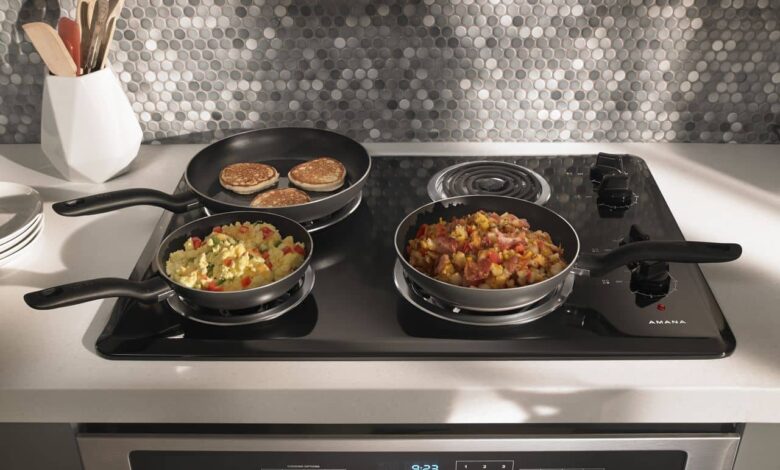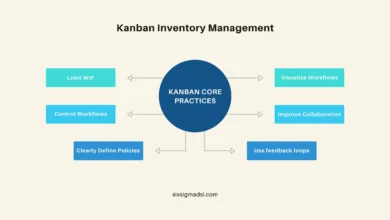Gas vs. Electric Ovens: Which is Better for Baking

Have you ever found yourself scratching your head over whether using gas in the oven makes a real difference in your baking results? Many bakers face this dilemma, especially when striving for perfection in their culinary creations.
In this blog post, we’ll dive into the nuanced world of gas vs. electric ovens. You’ll uncover the unique advantages of using gas in the oven and how it might just be the key to elevating your baked treats. Stick around, and you’ll gain expert insights that could transform your baking success!
The Basics – How Do Gas and Electric Ovens Work?
Gas ovens burn natural gas or propane to generate heat, which is then distributed throughout the oven. Electric ovens use metal elements heated by electrical resistance for consistency, even baking.
Gas Ovens
Gas ovens use natural gas or propane to produce heat. The flame at the bottom of the oven creates a hot, humid environment. The temperature by a thermostat.
Electric Ovens
Electric ovens have heating elements at the top and bottom. These elements heat up when the oven is on. Electric ovens tend to provide drier heat compared to gas ovens.
Heat Distribution – Even or Not?
Gas ovens often have hot spots, causing uneven baking, while electric ovens provide more consistent heat. This makes electric ovens preferred for recipes needing stable temperatures.
Gas Ovens
Gas ovens for their quick heat-up time. But, they might have hot spots because the flame is usually located at the bottom. This can sometimes lead to uneven baking.
Electric Ovens
Electric ovens usually offer more even heat distribution. The top and bottom elements work together to ensure your cookies and cakes bake. If you often bake delicate pastries or soufflés, an electric oven might be your best friend.
Convenience – The Practical Side
Gas ovens offer the convenience of faster heating, reducing preheating time, and enhancing performance. Electric ovens come with timers and self-cleaning features, making baking more efficient.
Gas Ovens
Gas ovens need a gas line or a propane tank. If you’re considering switching to a gas oven, you might need to learn about propane tank installation. This can add extra steps and costs to your kitchen setup.
Electric Ovens
Electric ovens are generally simpler to install since they don’t need a household gas line. Plug them in, and they’re ready to use. This makes them more convenient for those who favor easy installations.
Cost – What’s the Damage?
Gas ovens may cost more initially due to the need for a gas line or propane tank, but they can be cheaper long term with lower energy bills. Electric ovens often have a lower upfront cost but might lead to higher electricity expenses over time.
Gas Ovens
Gas ovens can be pricier to buy and install. However, they are cheaper to operate long-term, especially if natural gas prices are low in your area.
Electric Ovens
Electric ovens are often cheaper upfront but can be more expensive to run. Electricity costs can add up, especially if you bake.
Is Gas in the Oven the Right Choice for You?
In summary, the choice between using gas in the oven and an electric oven hinges on your specific baking preferences. Gas in the oven offers moisture and quick heating, ideal for roasting and bread baking.
Electric ovens, with their even heat and precise control, excel at baking delicate pastries and maintaining consistent temperatures. Weigh the pros and cons of each to determine the best fit for your culinary creations. Happy baking, whether you choose gas in the oven or an electric setup!
Keep browsing our website for more helpful articles!




